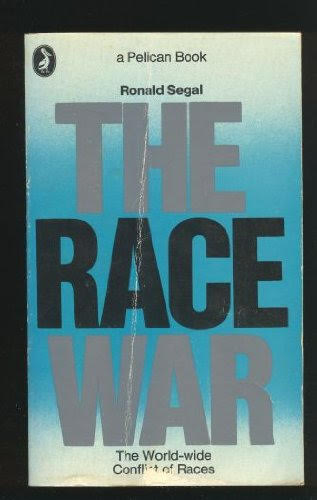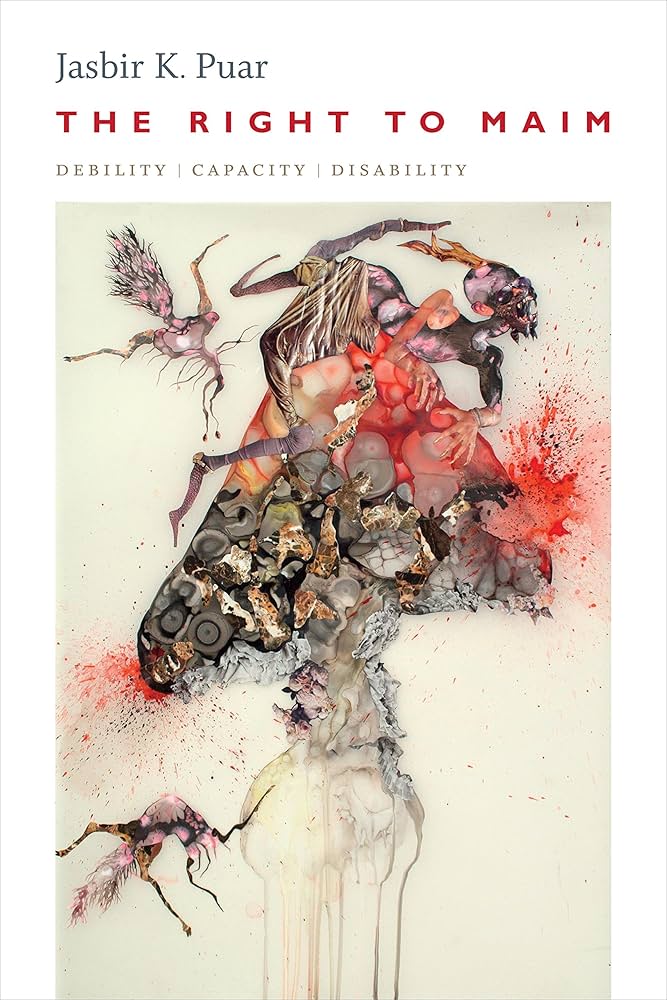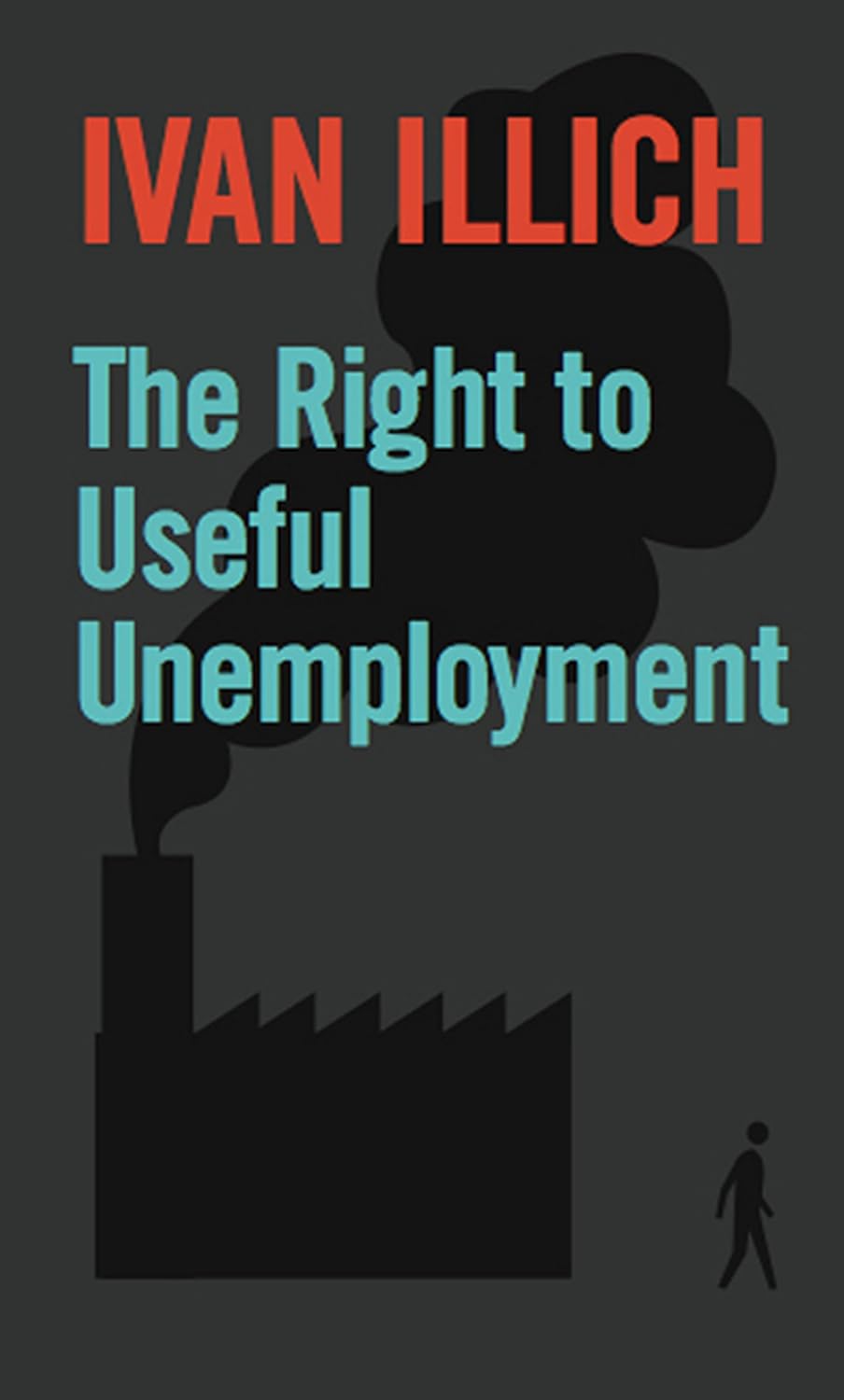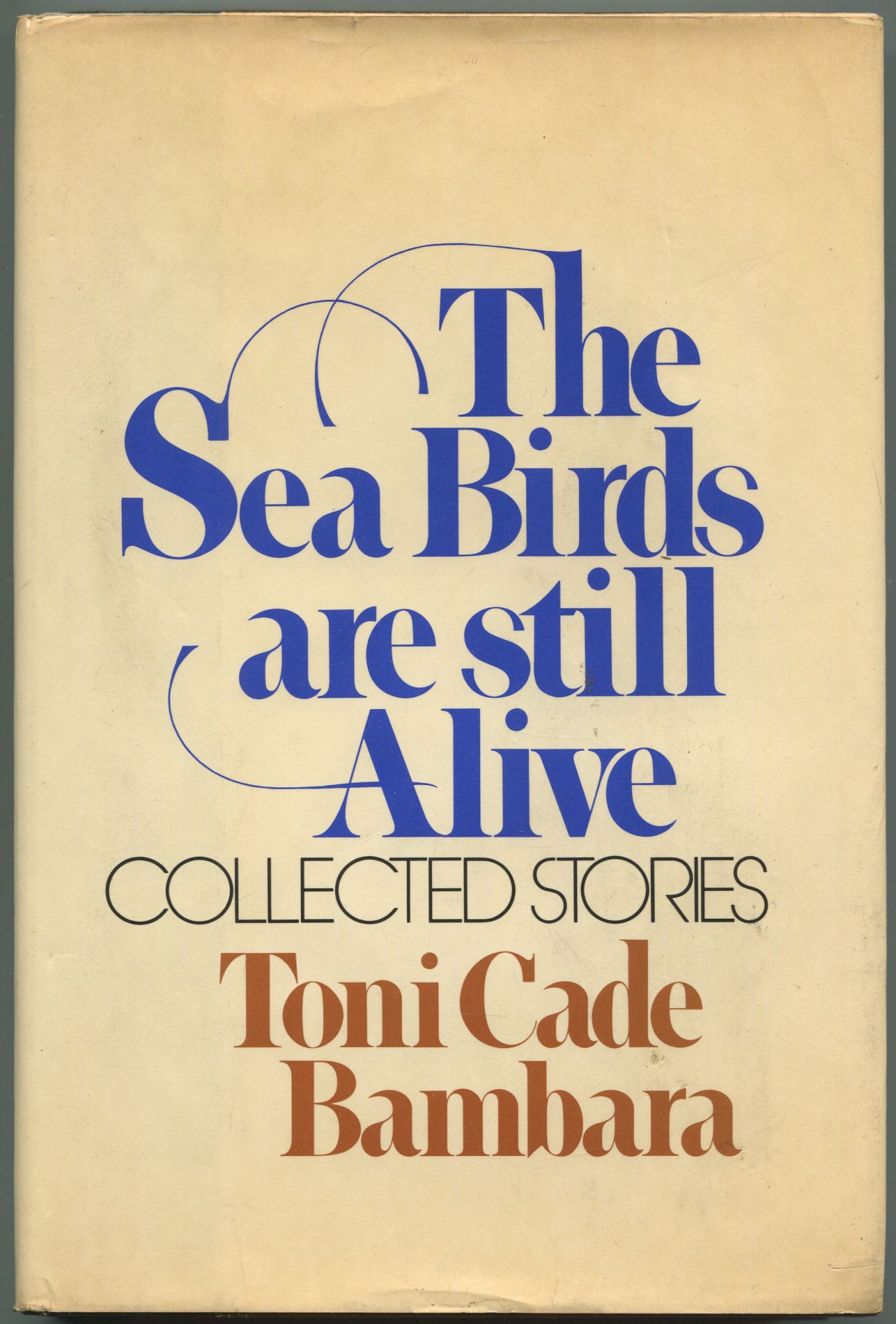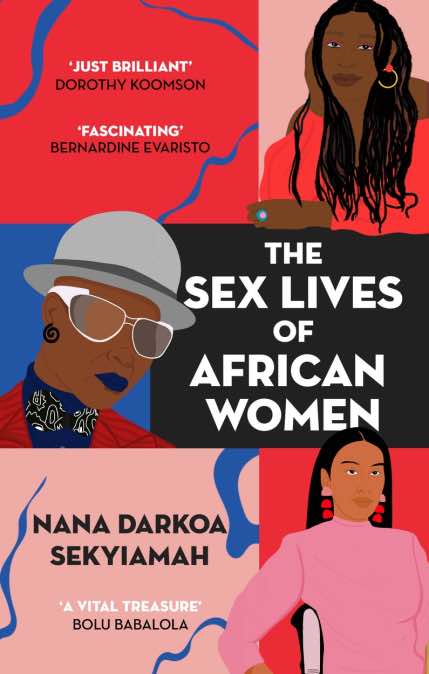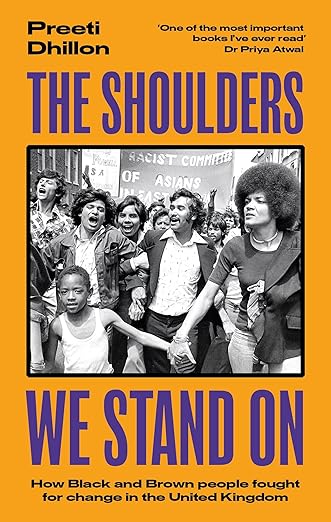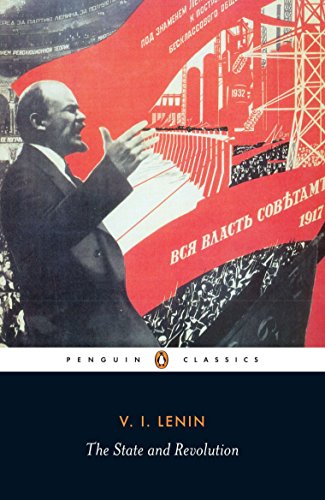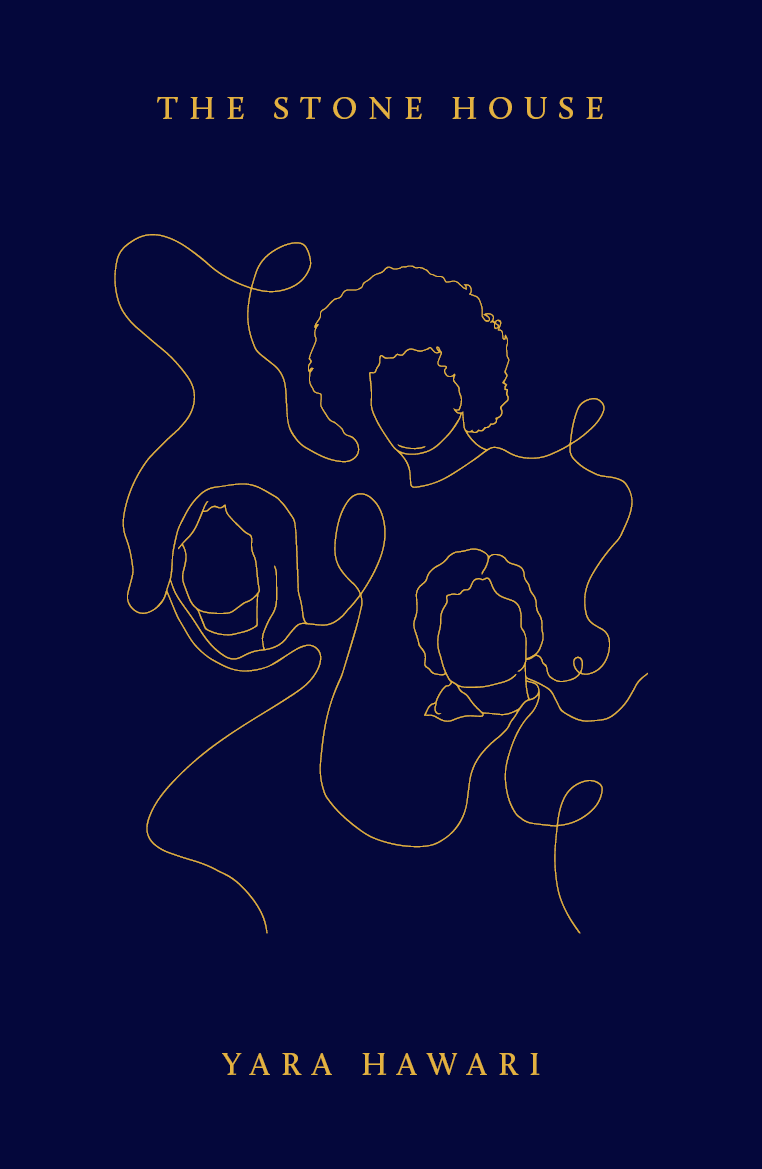'The Race War' by Ronald Segal explores the global conflict between white supremacists and minority groups, examining the roots and impacts of racism across various societies. The book discusses historical and contemporary examples, highlighting the psychological and physical battles involved.
At a café table in Lahore, a bearded Pakistani man converses with an uneasy American stranger. As dusk deepens to night, he begins the tale that has brought them to this fateful encounter…
Changez is living an immigrant's dream of America. At the top of his class at Princeton, he is snapped up by an elite valuation firm. He thrives on the energy of New York, and his budding romance with elegant, beautiful Erica promises entry into Manhattan society at the same exalted level once occupied by his own family back in Lahore.
But in the wake of September 11, Changez finds his position in his adopted city suddenly overturned, and his relationship with Erica shifting. And Changez's own identity is in seismic shift as well, unearthing allegiances more fundamental than money, power, and maybe even love.
In The Right to Maim Jasbir K. Puar brings her pathbreaking work on the liberal state, sexuality, and biopolitics to bear on our understanding of disability. Drawing on a stunning array of theoretical and methodological frameworks, Puar uses the concept of “debility”—bodily injury and social exclusion brought on by economic and political factors—to disrupt the category of disability. She shows how debility, disability, and capacity together constitute an assemblage that states use to control populations. Puar's analysis culminates in an interrogation of Israel's policies toward Palestine, in which she outlines how Israel brings Palestinians into biopolitical being by designating them available for injury. Supplementing its right to kill with what Puar calls the right to maim, the Israeli state relies on liberal frameworks of disability to obscure and enable the mass debilitation of Palestinian bodies. Tracing disability's interaction with debility and capacity, Puar offers a brilliant rethinking of Foucauldian biopolitics while showing how disability functions at the intersection of imperialism and racialized capital.
In this political essay, Ivan Illich calls for the right to useful unemployment: a positive, constructive, and even optimistic concept dealing with that activity by which people are useful to themselves and others outside the production of commodities for the market.
Ten stories of Black life written with Ms. Bambara's characteristic vigor, sensibility and winning irony. The stories range from the timid and bumbling confusion of a novice community worker in "The Apprentice" to the love-versus-politics crisis of an organizers wife, to the dark and bright notes of the title story about the passengers on a refugee ship from a war-torn Asian nation.
Nana Darkoa Sekyiamah spent decades talking openly and intimately to African women around the world about sex. In this book, she brings together their extraordinary stories, whilst also chronicling her own journey towards sexual freedom.
From finding queer community in Egypt to living a polyamorous life in Senegal to understanding the intersectionality of religion and pleasure in Cameroon, their necessary narratives are individual and illuminating. This stunning collection provides crucial insight into our quest for sexual power and offers all women inspirational examples to live a truly liberated life.
** Eastern Eye's Non-Fiction Book of the Year 2023 **
** Shortlisted for the HWA Non-Fiction Crown 2024**
The UK is grappling with big questions about belonging, equality and the legacies of Empire and Colonialism. We've been here before. Embracing a broader history that encompasses all British people, The Shoulders We Stand On is fundamental to a better understanding of the past and gives many more people who fought for our future a voice in the present.
'One of the most important books I've ever read . . . this history matters and should never, ever, be forgotten' Dr Priya Atwal, Royals and Rebels
Have you heard of the Indian Workers' Association? The Grunwick Strike? The Brixton Black Women's Group? The Battle of Brick Lane? If the answer is no, you're not alone. The Shoulders We Stand On tells the stories of ten remarkable movements, campaigns and organisations led by Black and Brown people across Britain from the sixties to the eighties that fought against racism and capitalism and impacted the way we live now.
Researcher and historian Preeti Dhillon wants us to reclaim the history that has been kept from us, and use these vital movements and inspirational moments to better understand the UK we live in today and how change happens.
There is a long and deep history of activism by Black and Brown people spanning the UK. Their stories can inspire all of us to make a difference, just as they did. The Shoulders We Stand On is a book of hope. Hope that together we can make a difference, that together we are powerful, and that we don't have to tackle society's challenges alone.
We're not alone, we've been here before and this is the book we all need now.
'A vital contribution to our culture . . . This is beautiful storytelling' Mona Arshi, Somebody Loves You
Filled with inspiring narratives, Preeti Dhillon uncovers crucial moments from our history. If you loved the books Natives and Brit(ish), the TV series Small Axe or the film Pride, don't miss The Shoulders We Stand On.
The Labour Party has virtually disappeared from view under the leadership of Keir Starmer. Hailed as a human-rights champion and political outsider, what sort of politician is Keir Starmer really, and what mark is he making on the new politics of Labour? In The Starmer Project, Oliver Eagleton provides a careful reading of Starmer’s record at the Crown Prosecution Service and as a member of Jeremy Corbyn’s Shadow Cabinet, tracing the political alliances he forged and the roots of his bid for the Party leadership. Starmer originally pledged to revitalise Corbynism with a dose of lawyerly competence. To understand what happened afterwards it is necessary to understand the man himself. So little remains known about Starmer that his actions are usually interpreted as overtures to others. On closer inspection, however, he is anything but an empty political vessel.
The State and the Revolution: The Marxist Doctrine of the State and the Tasks of the Proletariat in the Revolution (1917) is a book by Vladimir Lenin describing the role of the state in society, the necessity of proletarian revolution, and the theoretic inadequacies of social democracy in achieving revolution to establish the dictatorship of the proletariat.
The year is 1968. The recent Arab defeat in the Naksa has led to the loss of all of historic Palestine. In the midst of violent political upheaval, Mahmoud, a young Palestinian boy living in the Galilee, embarks on a school trip to visit the West Bank for the first time. For Mahmoud, his mother and his grandmother, the journey sets off a flood of memories, tracing moments that bond three generations together. How do these personal experiences become collective history? Why do some feel guilty for surviving war? Is it strange to long for a time never lived? In this groundbreaking novella, Yara Hawari harnesses the enduring power of memory in defiance of the constrictions on Palestinian life. Against a system bent on the erasure of their people, the family’s perseverance is unbroken in the decades-long struggle for their stone house.

